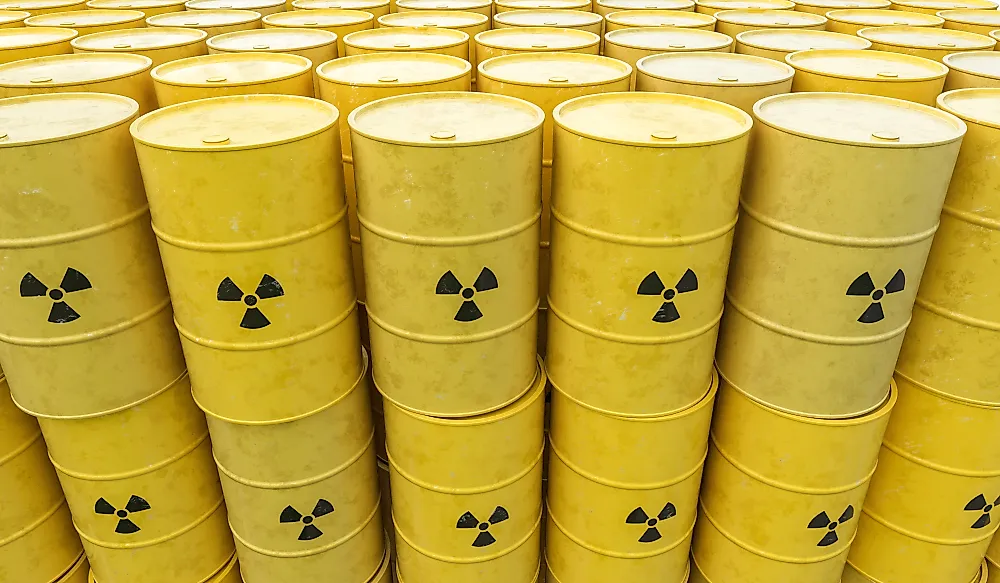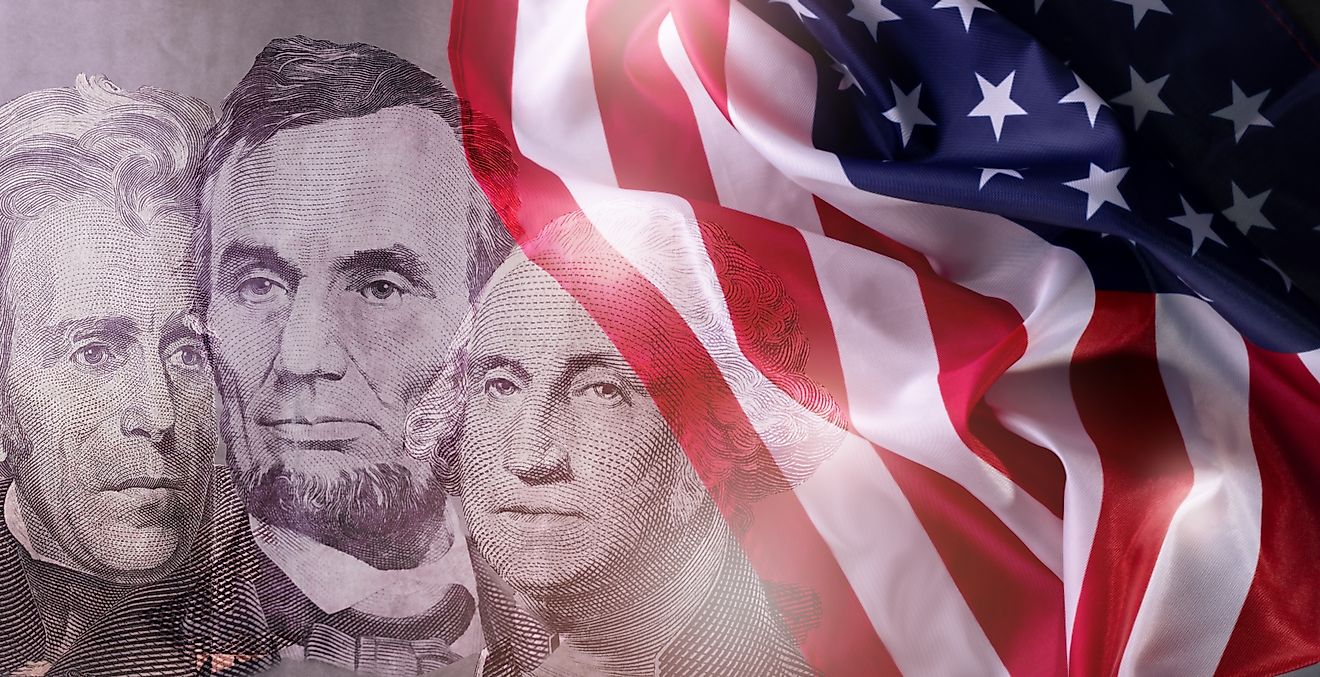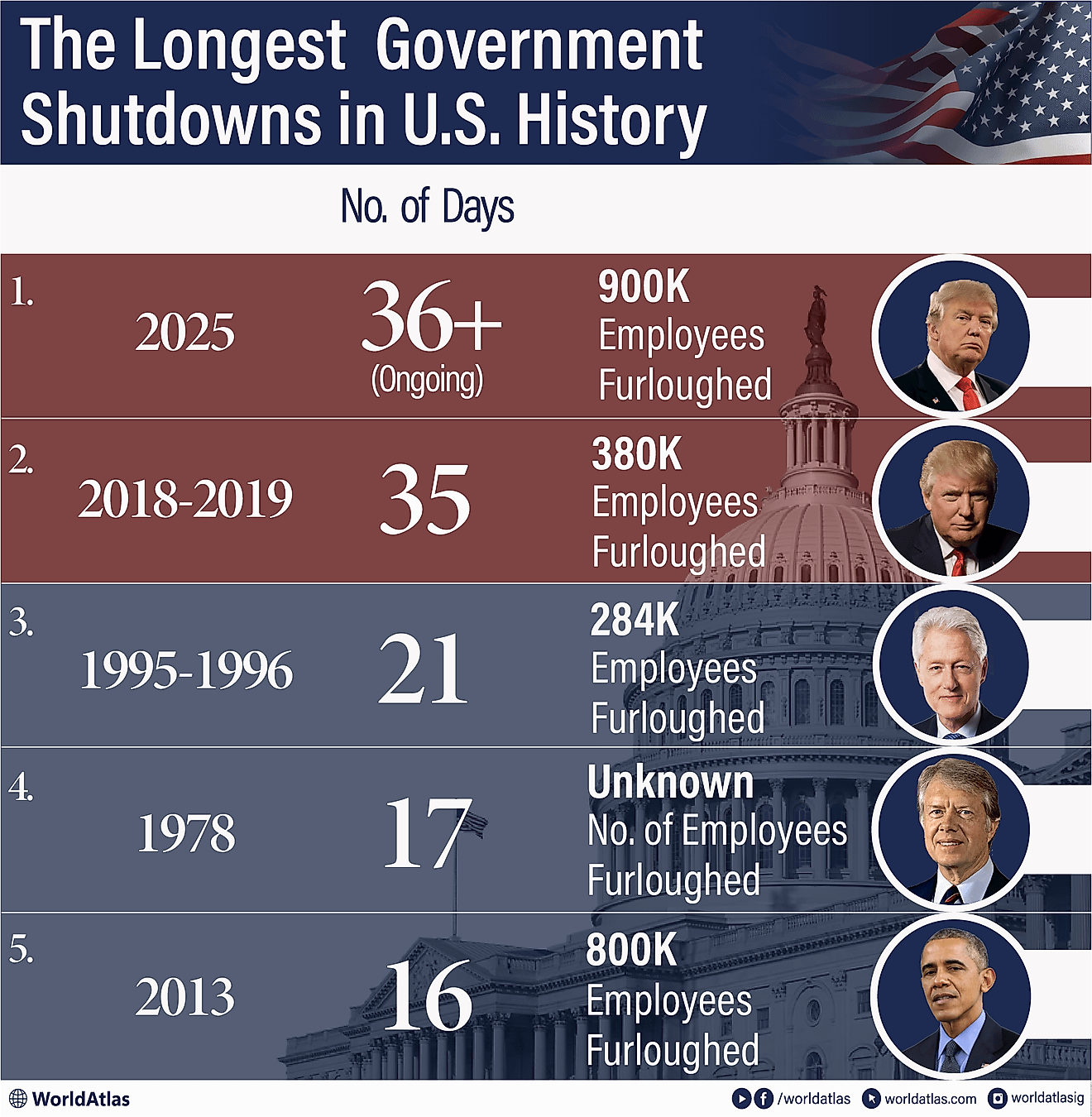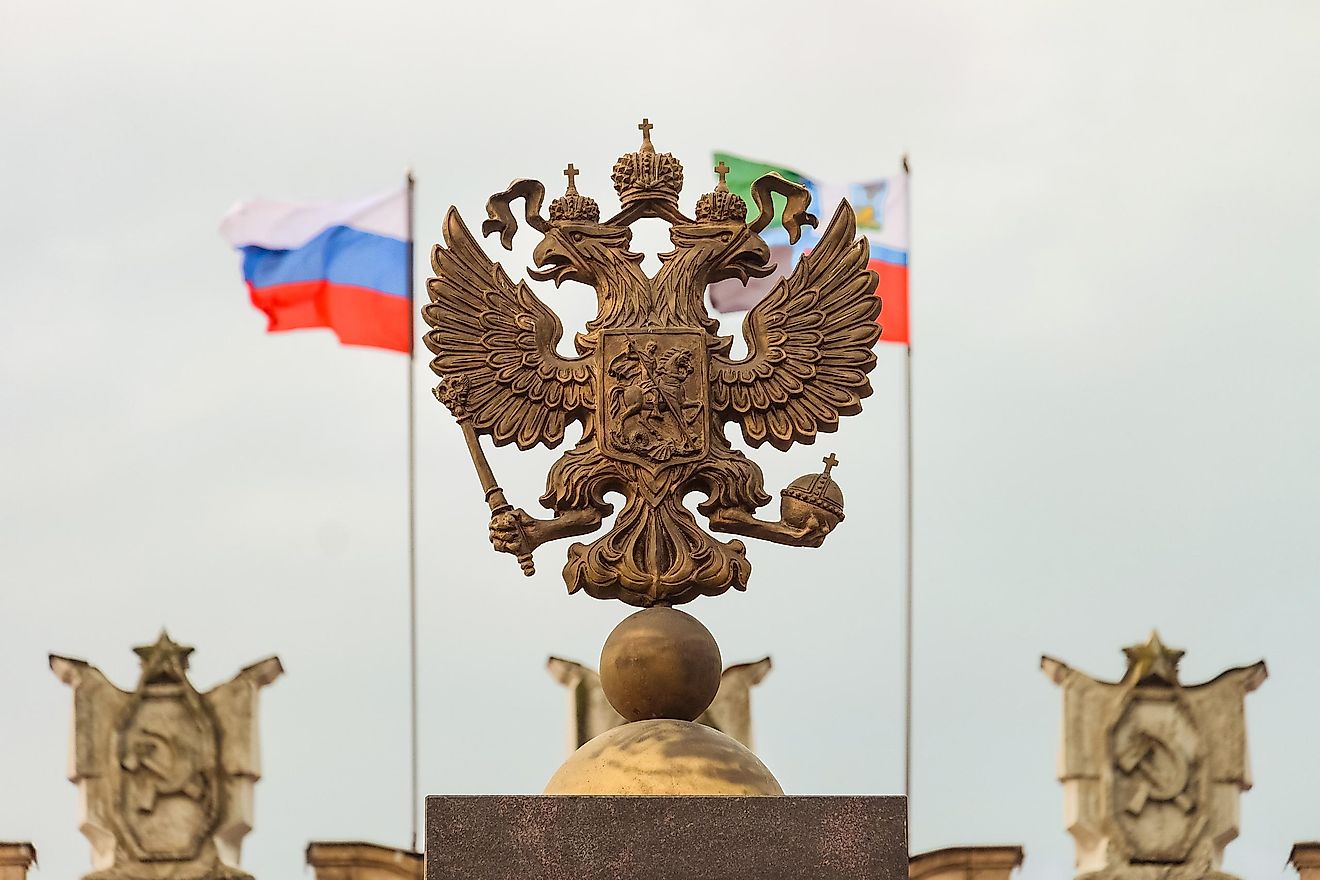What is the Iran Nuclear Deal?

From March 26 to April 2, 2015, Switzerland, Iran, and the five permanent members of the United Nations Security Council (plus Germany) negotiated an accepted framework for Iran's nuclear program. Before this negotiation, Iran's program had worried many international observers. However, some of these nations had their nuclear programs, and also, these programs were clandestine and even illegal under international law (Israel). The agreement served to bring Iran further into the international community as there had been fears that Iran was heading the same way as North Korea and may have withdrawn from international treaties or organizations.
Outline of the Agreement
The agreement between Iran and the P5+1 contains many terms and conditions for both sides involved. The main requirements of the Joint Comprehensive Plan of Action fall into four categories, which are enrichment, reprocessing, monitoring, and sanctions. The documents surrounding the agreement are understandably long and complicated. However, some of these conditions are:
- The International Atomic Energy Agency (IAEA) is responsible for monitoring the enrichment, research, and facilities of Iran
- Iran's enrichment capabilities, levels, and storage will be limited to the Natanz nuclear site.
- The underground enrichment center in Fordo will be converted to a facility that houses nuclear researchers.
- The heavy water facility at Arak will be converted, with international help, into a research facility that does not produce any weapons-grade plutonium products.
- Iran will export spent fuel. Therefore, there will be no risk of reprocessing into a weapon.
- Iran is allowed to research in the field of centrifuges with a scope and timeline that has been agreed upon between the country and the P5+1.
Under the sanctions portion of the agreement, the European Union and the United States will cease nuclear-related economic sanctions if the IAEA verifies that the previous conditions have been met. The United Nations will endorse the IAEA's findings with a Security Council resolution that will terminate all previous resolutions regarding Iran and its nuclear program.
Donald Trump and the Iran Nuclear Deal in 2018
In May of 2018, United States President Donald Trump announced that he would withdraw from the agreement and restore economic sanctions against Iran. A worrying proclamation, as many believe Israel will feel empowered to attack Iran due to the agreement not having the United States' (Israel's closest ally) backing.
According to international observers, such as the IAEA and UN, Iran has lived up to its part of the agreement. This situation presents the world with a potentially volatile situation in which the United States, and possibly Israel, are acting as an impediment to international cooperation and law. France, Germany, and the United Kingdom expressed regret in a joint statement released by the three nations shortly after this announcement. As of this moment, China and Russia have refrained from comment, although this situation is still developing as this article goes to print.











